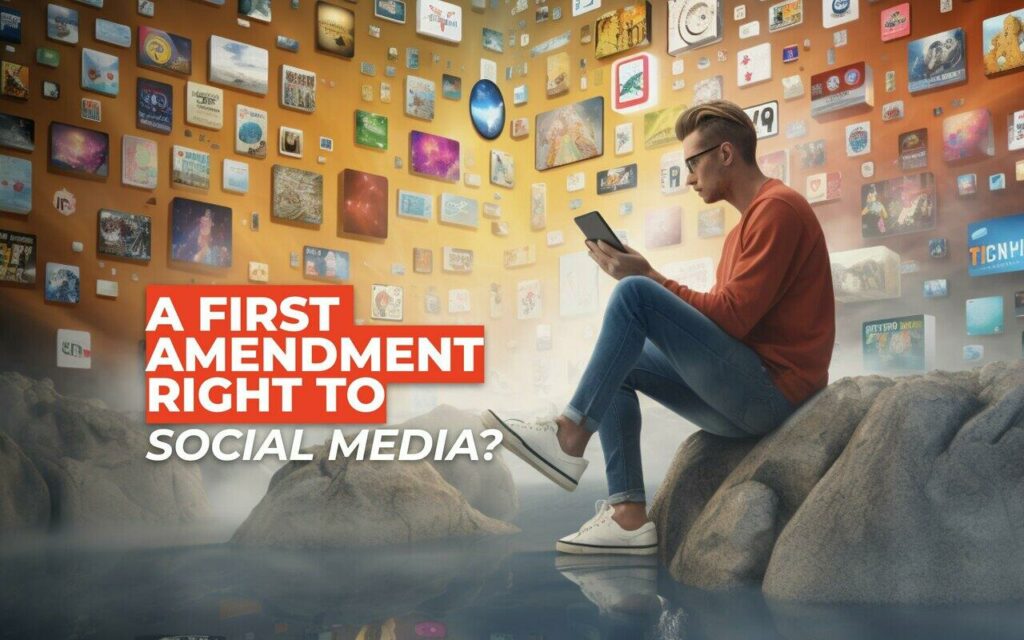I’ve taught the COB introductory management course for years. It’s one of my favorite courses to teach because it gets into the nitty gritty of real management and career challenges: How to hire, train, pay, motivate, evaluate, and lead people in an organization. And because the course wouldn’t be complete without it, I also go over how to fire people correctly.
This post isn’t going to give you a step-by-step guide for how to fire people (you’ll have to take my class for that). Instead, I’m writing about an incredibly common misconception that leads to people not getting hired, not getting ahead in their careers, and, in some instances, getting fired from a job.
All A Misconception
For the past few years, I have used a short case in my management classes that gets at this misconception. In the case, a car salesperson posts a few things that are less than respectful to their Facebook page. The posts are accurate, but are also unprofessional.[1] After going through the case details, the students have to decide whether to fire the employee.

But before they make their decision, they must answer the following question: Would it be a violation of the employee’s first amendment rights to fire him for his Facebook posts? I give them three answer choices: Yes, no, and I don’t know.
Answers vary from class to class. Overall about a third say yes, a third say no, and a third say they don’t know. The correct answer is no—it is not a violation of someone’s first amendment rights to fire them for a Facebook post. And the answers I see in my classes reflect those from the general public—only about 30% of surveyed Americans correctly answer that being terminated from a job as the result of a social media post is not a violation of the first amendment.[2]
The First Amendment And You
Why doesn’t the first amendment protect you from being fired? The reason is that the first amendment only protects people from actions or retaliation from the government—it does not protect people from the actions of a private employer. Perhaps because there is so much confusion around this topic, the ACLU published a handy brochure, complete with a flow chart, to help people determine when their speech is considered protected for the purposes of determining job outcomes like getting hired, promoted, demoted, or even fired.[3]
It turns out that if your employer doesn’t like the comment you made on social media about the rude customers that let their kids throw food all over the restaurant, they have the right to demote or fire you. If you’re applying for a job and a potential employer sees that same comment, they have the right not to hire you. It happens more often than we realize.
Lesson Learned
There is an important lesson to learn here. We have the freedom to post whatever we want to the internet or to social media, but we are not free from the consequences of those posts. Although the government can rarely punish you for your speech or expression, a private employer can. Whether you are a student or a working professional you need to carefully manage your digital footprint because a misstep could have lasting implications for your career.
Dr. Jonathan Shaffer, Associate Dean of Undergraduate Business Programs
[1] Watson, M.A. & Lopiano, G. R. (Dec. 11, 2015). Case Study: Should he be fired for that Facebook post? Harvard Business Review Digital Articles.
[2] https://semify.com/Blog/2016-Social-Media-Conduct&AID=1732
[3] ttps://www.acludc.org/sites/default/files/field_documents/free_speech_fed_employees_kyr.pdf


